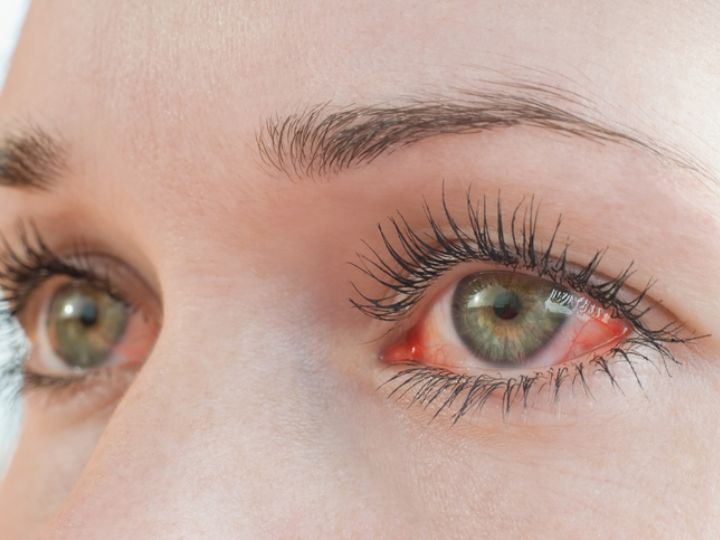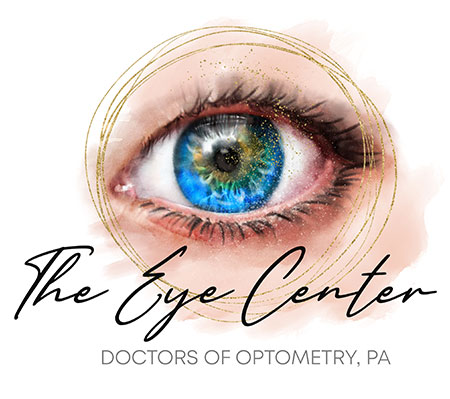All Categories
Featured

While many individuals understand the significance of shielding their skin from the sunlight, the harmful effects of ultraviolet (UV) rays on eye health and wellness typically go ignored. Whether you're saturating up the sunlight on a summer day or strolling outdoors on an over cast afternoon, safeguarding your eyes from UV rays is necessary.
What Are UV Rays? UV rays are a kind of electro-magnetic radiation discharged by the sun. They are categorized into three types:
UVA Rays: These permeate deep right into the skin and eyes and can contribute to lasting damages. UVB Rays: These rays are much more intense than UVA and are primarily in charge of surface-level damage to the eyes and skin. UVC Rays: These are the most dangerous yet are mostly soaked up by the Earth's ozone layer and do not generally reach us. UVA and UVB rays are the key perpetrators behind eye-related damages.
Short-Term Results of UV Exposure on the Eyes. Even short-term direct exposure to extreme UV rays can hurt your eyes. One usual condition triggered by this is photokeratitis, or "sunburn of the eye." Signs and symptoms of photokeratitis consist of:
Excruciating, red eyes. Sensitivity to light. Tearing or excessive watering. Short-lived vision loss or blurry vision. Photokeratitis is normally short-lived, yet it works as a caution of exactly how damaging UV direct exposure can be, also in little doses.
Long-Term Impacts of UV Direct Exposure. Prolonged exposure to UV radiation can bring about a lot more significant and long-term eye problems, such as:
Cataracts: UV rays can increase the development of cataracts, a condition that creates clouding of the eye's all-natural lens, causing blurry vision and, if neglected, blindness.

Macular Deterioration: UV exposure can harm the retina, especially the macula, increasing the danger of age-related macular degeneration (AMD), which affects central vision.
Pterygium: A growth of tissue on the white component of the eye that can cross the cornea, triggering discomfort, soreness, and vision problems.
Pinguecula: UV direct exposure can create yellowish deposits to develop on the conjunctiva, resulting in irritability and dryness.
Skin Cancer Cells Around the Eyes: The fragile skin bordering your eyes is very prone to UV radiation, raising the threat of skin cancers cells like basal cell cancer and squamous cell cancer.
Exactly How to Secure Your Eyes from UV Rays. Safeguarding your eyes from UV rays is straightforward and requires a few conscious behaviors:
Purchase Quality Sun glasses: Select sunglasses that obstruct 100% of UVA and UVB rays. Seek labels that define "UV 400" defense. Wrap-around designs are excellent as they obstruct UV rays from the sides as well.
Put On a Wide-Brimmed Hat: A hat with a brim a minimum of three inches large can significantly lower UV direct exposure to your eyes and face.
Limit Exposure During Top Hours: UV rays are strongest between 10 a.m. and 4 p.m. If you must be outdoors throughout these hours, ensure you're adequately protected.
Do Not Be Misleaded by Clouds: UV rays can penetrate through clouds, so it is necessary to put on sunglasses even on overcast days.
Safeguard Your Eyes Year-Round: Snow, sand, and water can reflect UV rays, increasing their effects. Eye defense isn't simply for warm summertime days-- guarantee you're covered in all seasons.
Use UV-Blocking Call Lenses: Numerous contact lenses now feature UV defense. If you use contacts, ask your ophthalmologist about lenses with integrated UV filters for included protection.
Urge Eye Defense for Kid: Kid's eyes are a lot more sensitive to UV rays since their lenses are clearer, enabling more radiation to get to the retina. See to it they wear sunglasses and hats during exterior tasks.
Normal Eye Exams. Normal check-ups with an eye care specialist are essential for very early discovery of any kind of UV-related damage. An optometrist or eye doctor can assess your eyes, recommend protective actions, and discover problems like cataracts or macular deterioration at an early stage.
Verdict. By putting on UV-blocking sunglasses, restricting sunlight exposure throughout optimal hours, and remaining consistent with eye tests, you can guarantee your eyes stay healthy and your vision remains clear for years to come. Safeguarding your eyes from UV radiation isn't simply regarding comfort-- it's an important action in protecting your long-lasting eye health and wellness.
Latest Posts
Learn About Leading Vehicle Maintenance Services at Montclare Auto Repair – Quality Service Today
Why Chicago Drivers Trust Montclare Auto Repair for Reliable Service and Significant Savings
Check Out Affordable Auto Repairs with Montclare’s Exclusive Service Specials
More
Latest Posts
Learn About Leading Vehicle Maintenance Services at Montclare Auto Repair – Quality Service Today
Why Chicago Drivers Trust Montclare Auto Repair for Reliable Service and Significant Savings
Check Out Affordable Auto Repairs with Montclare’s Exclusive Service Specials